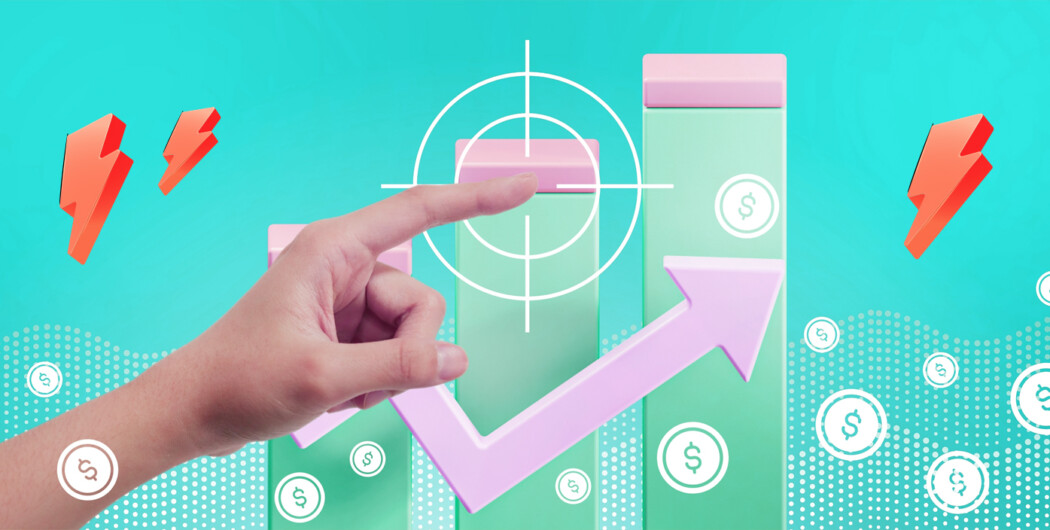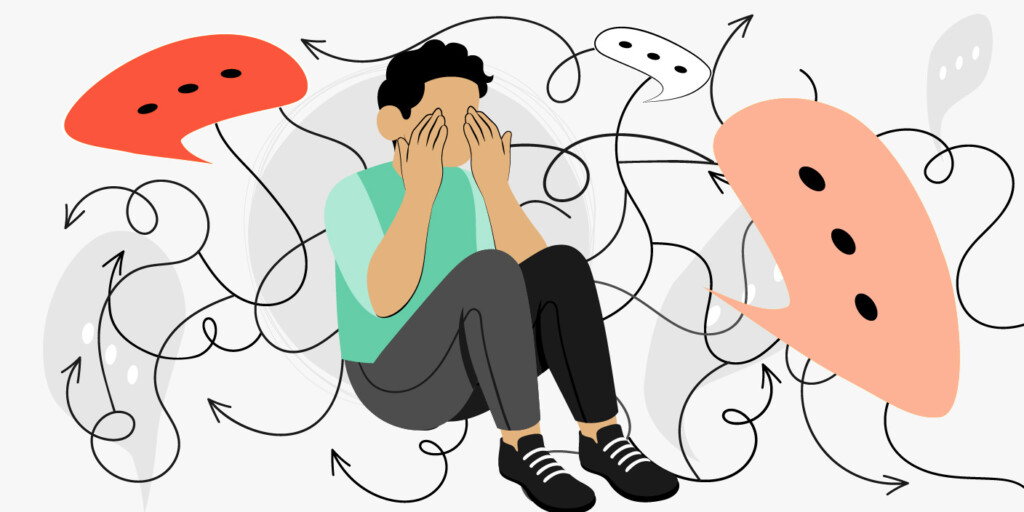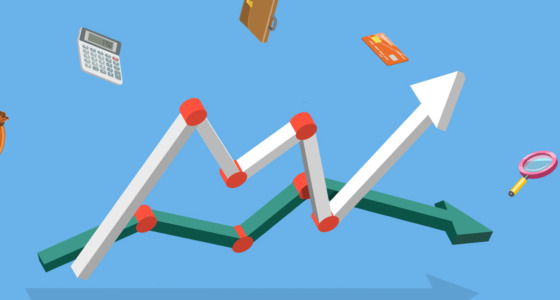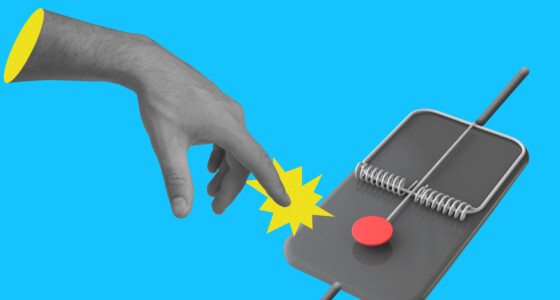

Here is a story about how Warren Buffett persevered through panic. During the dot-com bubble crash in the early 2000s, Buffett’s company, Berkshire Hathaway, made a big investment in a struggling insurance company, Geico. At the time, people were doing the opposite – panic selling. But Buffett’s ability to remain calm during times of market volatility paid off in the end.
If you’re an experienced trader, you’ve been in these kinds of situations. If you’re just starting, be sure that you’ll also face tough choices clouded by emotions. In either case, it will be beneficial to talk about how emotions can impact your decision-making and how to harness fear and greed as a trader.
Causes of panic, fear, and greed
Panic, fear, and greed are common emotions for traders and investors. And the first step in mitigating their impact on your decision-making is to understand where they’re coming from.
Sudden and unexpected events that can cause a significant change in the market tend to trigger panic. For example, there may be a natural disaster, political turmoil, or a sudden drop in the value of a company’s stock. Each of these situations can make investors panic and drop their assets.
Fear can be caused by uncertainty. If you’re unsure about the future direction of the market or a particular asset, it’s natural to be somewhat fearful. The risk of losing money will feed that fear further.
Finally, you may feel greedy when you see an opportunity to make a significant return. This assumption can be valid, but it mostly comes from being hopeful.
What’s the worst that can happen?

Emotions can be both a friend and a foe in any life situation. For the purposes of this article, let’s consider negative scenarios to be aware of the possible damage.
When fear takes over
When you have too much fear in trading, here is what can happen:
- Missed opportunities – You may hesitate or avoid taking risks, missing out on potentially profitable trades.
- Selling too soon – Fear can also lead to a tendency to sell your assets too soon to minimize losses.
- Overanalyzing – When fear takes over, you may become paralyzed by indecision and fail to execute your strategy.
- Loss of confidence – This can have a pervasive negative impact on your life, from professional decisions to personal situations.
Negative consequences of greediness
Here is what happens when greed becomes the primary driver of decision-making in trading:
- Impulsive trades – This means assets without conducting proper research or holding onto a position for too long, hoping to make more profit.
- Overtrading – Too many trades in a short period is the recipe for higher transaction costs and increased risk.
- Loss of perspective – Greed can stop you from seeing things objectively or clearly.
- Damaged reputation – In extreme cases, greed leads to unethical or illegal behavior. If that happens, you may be dealing with a damaged reputation in the market and even legal consequences.
How to control your emotions for better performance

Follow this advice for fear and greed control:
- Set realistic expectations – This way, traders can prepare themselves mentally and emotionally for the challenges of trading.
- Use technical analysis – If you rely on data and analysis rather than emotions in the heated moment, you’re more likely to accurately spot trends, patterns, and support and resistance levels in the market.
- Use risk-reward ratios – This should help you balance your desire for profits and risk tolerance. As long as you’re sticking to a pre-defined ratio, you’re unlikely to exceed your limits.
- Planning for unfavorable scenarios – Even if you don’t want to imagine worst-case scenarios, push yourself to anticipate potential problems and develop contingency plans. This will reduce the feeling of uncertainty.
- Learn from mistakes – Fear and greed may still creep up at times and lead to costly mistakes. Take the time to reflect on your decision and what triggered you to act emotionally.

How to profit from other people’s panic

When others are panicking, it’s possible to come out on top. First of all, you need to stay calm and keep a level head while waiting for the right opportunities.
During stock market panics, many quality stocks may be oversold and trading at a discount. Your goal is to identify companies with strong fundamentals, as they are likely to rebound in the long run. The opposite scenario – when stocks are rapidly increasing in price during a panic – may be artificially inflated and could crash quickly.
Be prepared to wait for the market to stabilize before making serious moves. In the meantime, continue to monitor market trends and set limit orders to buy assets at a predetermined price.
Summary
Overall, by shifting your perspective and taking proactive steps, you can not only survive difficult times but also thrive in them.
When something “bad” happens, your natural responses may not be beneficial. Instead of succumbing to panic, fear, or greed, harness these emotions and navigate uncertainty with greater confidence. Plus, you’ll be more likely to turn sudden market changes into profitable moves.
Sources:
Trading psychology: why the mind matters in making money, Investopedia
Fear and greed: what drives human behavior? CXL
The history and psychology of panic-selling, Lazard Asset Management








